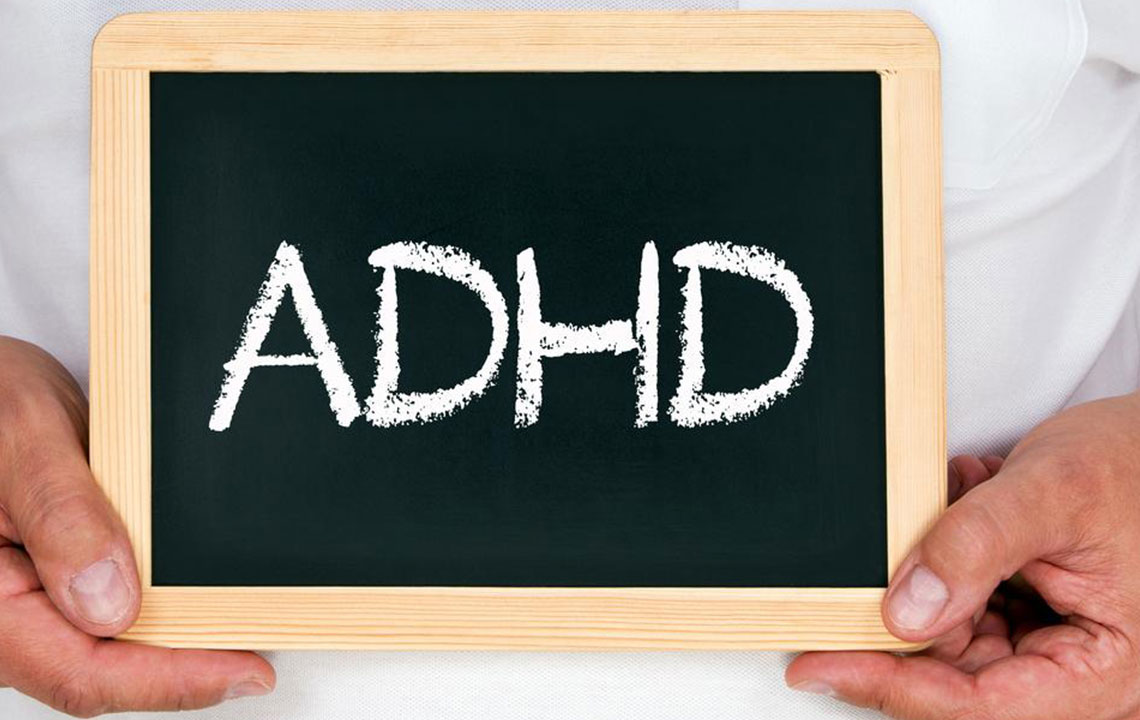Comprehensive Guide to Recognizing Symptoms of Adult ADHD and Its Impact on Daily Life
Adult ADHD is a complex neurodevelopmental disorder that persists into adulthood, affecting focus, organization, and emotional regulation. Early recognition of symptoms such as distractibility, forgetfulness, impulsivity, and relationship issues is crucial for effective management. This comprehensive guide explores the signs, impacts, diagnosis, and treatment options for adult ADHD, emphasizing the importance of combined therapy, lifestyle changes, and support systems. With proper care, adults can overcome challenges and lead successful, satisfying lives despite their symptoms.

Comprehensive Guide to Recognizing Symptoms of Adult ADHD and Its Impact on Daily Life
Attention Deficit Hyperactivity Disorder (ADHD) is widely recognized as a neurodevelopmental condition that begins in childhood, but it can persist into adulthood or even go undiagnosed until later in life. While many associate ADHD primarily with children, a significant number of adults struggle with symptoms that can disrupt their personal, social, and professional lives. Recognizing these signs early is crucial for seeking appropriate treatment and improving overall well-being.
ADHD in adults manifests through a diverse array of symptoms that often differ from those seen in children. Adults may experience a combination of inattentiveness, impulsivity, and hyperactivity, but the way these symptoms present can be subtler or more chronic, making diagnosis a challenge. Understanding the full spectrum of adult ADHD is essential for individuals, caregivers, and healthcare professionals to identify and address this condition effectively.
Key Symptoms of Adult ADHD
Adult ADHD symptoms include persistent difficulties with concentration, forgetfulness, disorganization, and impulsivity. These challenges can affect all areas of life, including work, relationships, and everyday activities. Some of the most common signs include:
Difficulty Sustaining Attention: Adults with ADHD often find it hard to stay focused on tasks, especially those that require prolonged mental effort. This can lead to incomplete projects, missed deadlines, and a general sense of frustration.
Forgetfulness and Poor Memory: Frequent forgetfulness, missing appointments, and losing personal items like keys or wallets are typical symptoms.
Disorganization: Struggling to keep spaces tidy, manage schedules, or plan ahead can be indicative of underlying ADHD.
Impulsivity: Making hasty decisions without considering consequences, interrupting others during conversations, or acting without thinking are common behaviors.
Restlessness and Hyperactivity: While hyperactivity may decrease with age, many adults still report feeling restless, fidgeting, or finding it difficult to sit still for extended periods.
Difficulty Managing Stress: Adults with ADHD often experience heightened stress levels due to their struggles with organization and focus, which can contribute to anxiety or depression.
Relationship Challenges: Impulsive behaviors, forgetfulness, and inattentiveness can strain personal relationships, leading to conflicts or misunderstandings.
Poor Listening Skills: Adults may find themselves zoning out during conversations, missing important details, or appearing inattentive to others.
Impact of Adult ADHD on Daily Life
The effects of untreated ADHD extend beyond individual struggles—they ripple into various facets of a person's life. Professionally, difficulties with organization, time management, and focus can hinder career growth, cause job instability, or increase stress at work. This can create a cycle of frustration and decreased self-esteem.
In personal relationships, impulsive behaviors and forgetfulness can lead to misunderstandings, mistrust, or feelings of neglect among loved ones. The emotional toll of coping with ongoing symptoms may result in anxiety, depression, or low confidence, further complicating social interactions and self-perception.
Moreover, daily routines become more challenging to maintain. Simple tasks like managing finances, scheduling appointments, or completing household chores may become overwhelming, leading to a cycle of procrastination and dissatisfaction.
Diagnosis and Treatment of Adult ADHD
Correct diagnosis involves a comprehensive clinical evaluation by a healthcare professional trained in adult ADHD. This process includes detailed interviews about personal history, symptom assessment, and sometimes standardized questionnaires or behavioral checklists. It's essential to rule out other mental health conditions like anxiety or depression that may mimic or coexist with ADHD.
Treatment approaches for adult ADHD typically include a combination of medication, psychotherapy, lifestyle modifications, and support strategies. Stimulant medications, such as methylphenidate or amphetamines, are frequently prescribed and can effectively reduce hyperactivity and improve focus. Non-stimulant medications are also available for individuals who do not tolerate stimulants well.
Psychotherapy, especially cognitive-behavioral therapy (CBT), helps address negative thought patterns, develop organizational skills, and improve emotional regulation. Coaching and support groups can provide additional practical strategies for managing daily challenges.
In addition to medical treatment, lifestyle changes such as establishing routines, using planners or reminder tools, and practicing mindfulness can significantly improve symptom management. Regular exercise, adequate sleep, and a balanced diet also support brain health and overall functioning.
Living with Adult ADHD: Strategies for Success
For adults with ADHD, implementing effective coping strategies is crucial. Developing strong organizational systems, breaking tasks into smaller steps, and setting realistic goals help make daily responsibilities more manageable. Mindfulness and stress-reduction techniques can improve focus and emotional well-being.
Building a support network, whether through family, friends, or support groups, provides emotional reassurance and practical advice. Educating oneself about ADHD and advocating for accommodations at work or in social settings can foster understanding and reduce frustration.
Early intervention and continuous management are vital for improving quality of life. With the right combination of treatment and strategies, adults with ADHD can lead productive, fulfilling lives and navigate their daily challenges more effectively.




